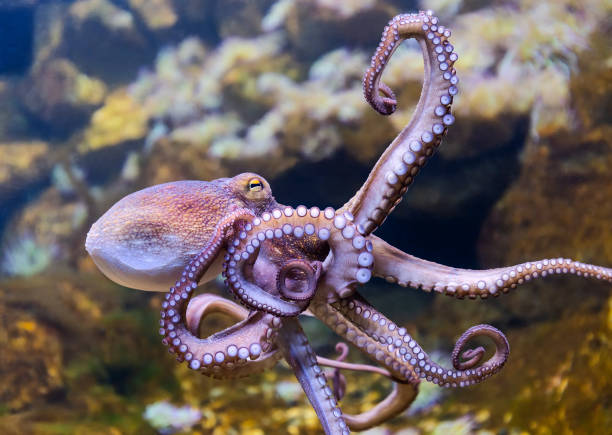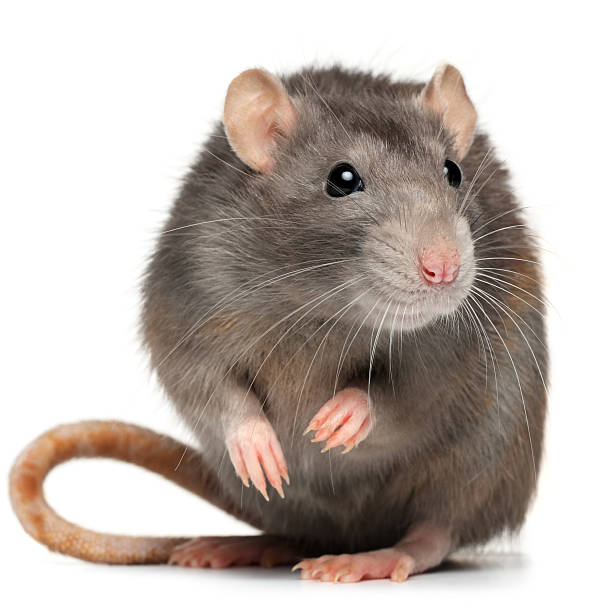Decoding the Mysterious World of Octopus Intelligence: A Closer Look
Are octopuses smarter than your average pet? With their well-documented abilities to escape enclosures, use tools, and even camouflage themselves, octopuses certainly seem to exhibit a high level of intelligence. Let's delve into this fascinating topic.

Understanding Octopus Intelligence
Octopuses, the eight-armed cephalopods of the deep sea, have long fascinated scientists with their complex behavior. They have been observed opening jars to get food, escaping from tanks, and even using tools—tasks that require problem-solving abilities. They can recognize individual humans, suggesting a form of short-term memory. These behaviors have led many scientists to label octopuses as one of the most intelligent invertebrates on the planet.
The Historical Perspective
The study of octopus intelligence began in the late 19th century when biologist George Romanes included anecdotes of octopus behavior in his book, “Animal Intelligence.” However, it was not until the late 20th century that researchers began conducting systematic studies. These early studies were mainly observational, and it was only in the recent years that more rigorous experimental methods have been employed.
The Latest Studies
Recent studies on octopuses have focused on their cognitive abilities. For instance, a 2020 study published in the journal “Marine and Freshwater Behaviour and Physiology” found that octopuses can learn by observing others—an ability known as social learning. This ability is considered a sign of advanced cognitive function, and until recently, it was thought to be limited to a few highly intelligent animals such as primates and birds.
Octopus Intelligence: Implications and Impact
The discovery of high intelligence in octopuses has significant implications. For one, it challenges our understanding of what intelligence is and where it comes from. For instance, octopuses have a vastly different brain structure from mammals, yet they exhibit similar cognitive abilities. This suggests that intelligence can evolve in very different ways and in very different forms.
As for the market impact, octopus-related products are gaining popularity. From octopus-themed toys and books to aquarium accessories, the estimated price range varies widely. However, a surge in interest might lead to a rise in prices.
The Future of Octopus Research
The future of octopus research looks promising. Scientists are currently working on creating more advanced tests to further understand octopus intelligence. These tests could potentially provide insights into other forms of non-human intelligence. However, it’s essential that we balance our curiosity with respect for these creatures. As we continue to discover more about their complex minds, it’s critical that we also advocate for their conservation and ethical treatment.
In the end, the study of octopus intelligence isn’t just about octopuses. It’s about expanding our understanding of intelligence as a whole. The octopus serves as a potent reminder that intelligence comes in many forms, some of which may be very different from our own.




